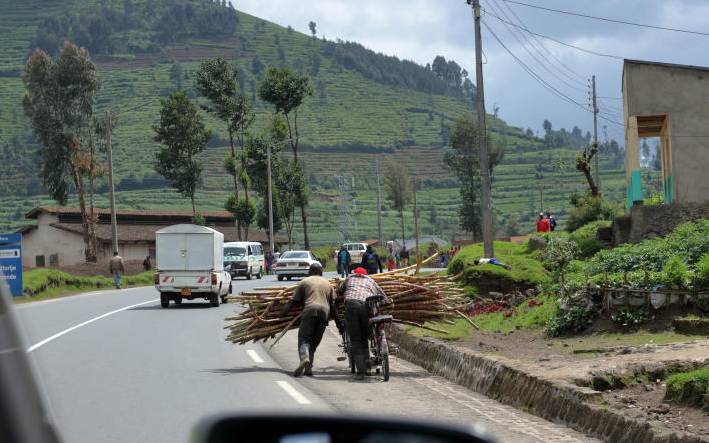×
The Standard e-Paper
Join Thousands Daily

Musanze, Rwanda - November 16, 2018: two men transporting a heavy load of bamboo on a bicycle along the main road, seen from a passing car. [File, Standard]
Two weeks ago, I saw a doormat written, “Did you call first?” I found it to be very funny because it reminded me of a behaviour that human beings have pertaining to house visits.